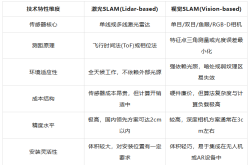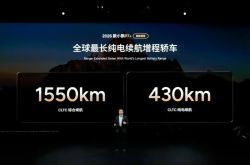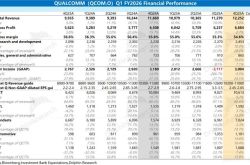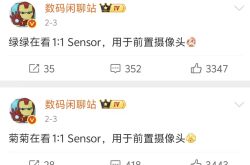AI Defines Cars: Ushering in a New Era Beyond Software Definition
![]() 01/23 2025
01/23 2025
![]() 702
702
Introduction
AI is omnipresent, and its influence is profoundly transformative.
The 2025 CES concluded a few days ago, marking the dawn of a new era—the transition from 'Software Defined Cars' to 'AI Defined Cars' has officially commenced.
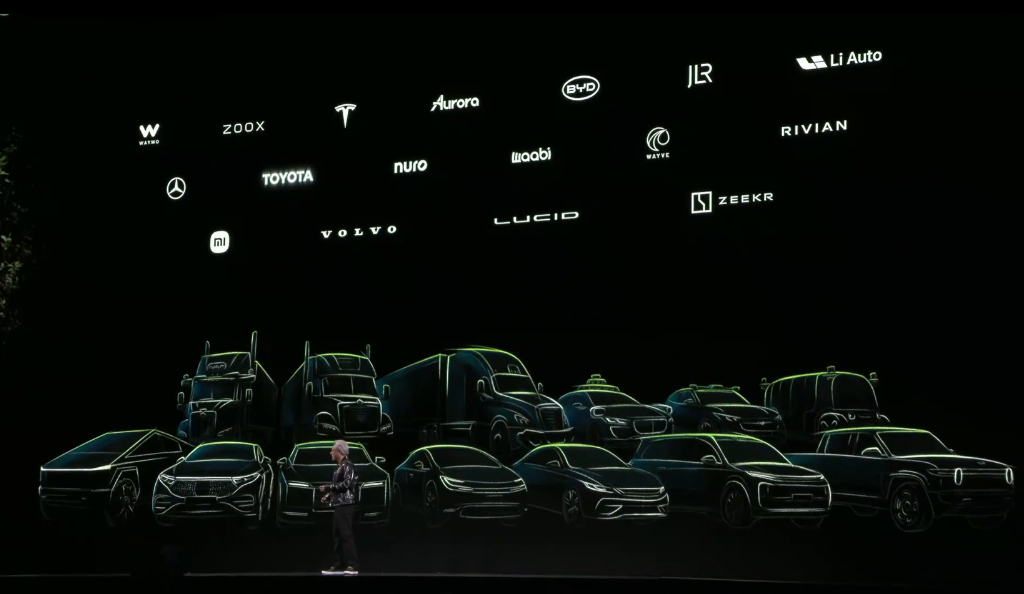
"The times, they are a-changin'." This sentiment has echoed loudly over the past six months. Why? Because in 2025, 'AI Defined Cars' are no longer a distant dream but a burgeoning reality, continuously birthing new intelligence, products, and paradigms. The intelligent automotive ecosystem is undergoing a comprehensive upgrade, poised for mass production.
Currently, there's a consensus in the industry: while internet and semiconductor technologies were pivotal drivers of intelligentization in the past, AI technology now holds the key to unlocking new frontiers of intelligence. 'AI Defined Cars' essentially fuses AI with automobiles, reshaping the automotive landscape. This transition from concept to reality carries a far-reaching and profound impact.
Comprehensive Innovation Driven by AI
Previously, we emphasized that the second half of electrification is intelligentization. Now, smart cars are undergoing sweeping changes fueled by AI technology.
'AI Defines Cars' has emerged as an industry consensus. The integration of AI technology and cars, through continuous iterations of 'Ontology + Intelligence,' is evolving towards 'Intelligent Transportation Life Forms.' Traditional AI applications such as voice interaction, vehicle control, entertainment, cabins, and autonomous driving will all be reimagined.
In essence, from smart cabins to autonomous driving and the chassis domain, large AI models are rapidly propelling the transformation of cars into 'super intelligent entities.' Notably, Chinese independent automotive brands have already secured a front-row seat in this technological reshaping.
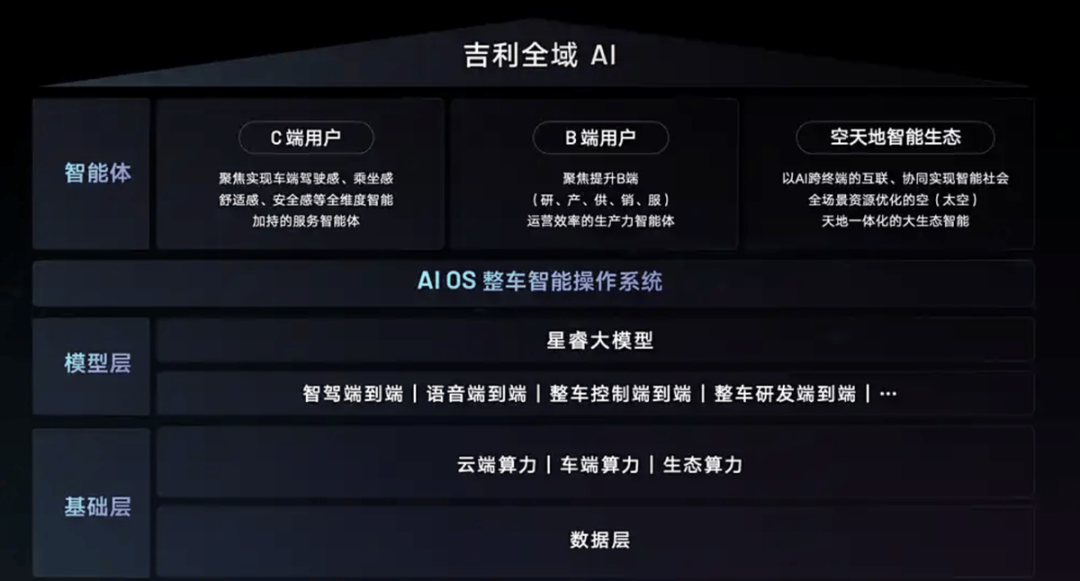
For instance, Geely's 'Intelligent Vehicle Full-Domain AI' technology system encompasses AI applications like AI Galaxy Elf, Boundaryless Space, AI Cloud Power, AI Storybook, and AI Sentinel, collectively creating a holistic intelligent automotive ecosystem. Additionally, Smart Elf #5, the world's first mass-produced vehicle leveraging ByteDance's 'Doubao AI Large Model,' made its debut at CES. Undoubtedly, ByteDance has quietly entered the fray.
AI technology, epitomized by high computing power, big data, and large models, is becoming a decisive factor in driving automotive transformation. As large models are progressively integrated, the capabilities of automotive products continue to escalate to new heights. The mere presence of AI is just the threshold; its quality and effectiveness are paramount for automakers to compete in intelligentization.
Lang Xianpeng, Vice President of Autonomous Driving R&D at Li Auto, shares this viewpoint. In the era of AI-defined cars, products must evolve from mere functionality to comprehensive capability. "Previously, competition centered on functionality, but in the AI era, functionality is a given. What truly matters is whether it's 'good or not.' This 'good or not' hinges on the quality of your capabilities."
Speaking of the core 'automotive brain' that powers smart cars, NVIDIA unveiled its next-generation intelligent driving chip, 'Thor,' at this year's CES, boasting a processing power 20 times that of its predecessor, Orin. According to Jen-Hsun Huang, Chinese new energy automakers such as BYD, Li Auto, Xiaomi, and Zeekr will adopt NVIDIA's next-generation Thor.
Moreover, NVIDIA officially announced a collaboration with Toyota Motor Corporation. Toyota will build its next-generation vehicles on the NVIDIA DRIVE AGX Orin platform, running the safety-certified NVIDIA Drive OS operating system.

Regarding the Drive operating system, autonomous driving technology company Aurora, Continental, and NVIDIA announced a long-term strategic partnership to deploy autonomous trucks supported by NVIDIA Drive on a large scale.
"The world will have 1 billion humanoid robots, 10 million automated factories, and 1.5 billion autonomous vehicles and trucks, presenting boundless business opportunities." Jen-Hsun Huang's ambitions transcend geographical boundaries, resonating across the Pacific Ocean.
From the perspective of autonomous driving, as AI redefines the technological landscape, some companies' early advantages and successful technological pathways in autonomous driving R&D are now at risk of being overturned. The end-to-end, large-model-based intelligent driving technology pathway, after just two years of transformation, is steering the direction of autonomous driving technology development.
When the butterfly's wings first fluttered, we couldn't foresee the impending 'AI storm.' From 'People, Cars, Life' to the 'Third Space' where 'People, Cars, Domains' converge, AI is everywhere, profoundly transforming our world.
From Software Definition to AI Definition
It can be argued that the most significant signal from this year's CES is the clarion call for the AI march, marking the entry of automotive intelligentization into the 2.0 era.
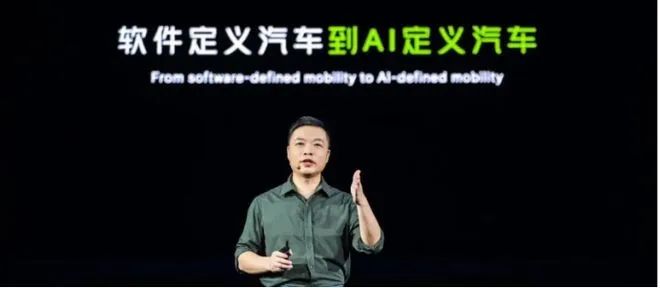
While there were disagreements about the previous concept of software-defined cars, AI-defined cars have now gained universal understanding across the industry. It's a trend, and it's a significant leap forward.
The concept of 'Software Defined Cars' was first coined by Dr. Herbert Diess, the former CEO of Volkswagen. However, just a few years later, it seems to have become a relic of the past. In the latter half of new energy vehicle intelligentization, how automakers leverage AI to define products, enterprises, and support organizational changes and brand evolution has become paramount.
Regarding organizational changes, the development of the domestic automotive industry has traversed three stages: the product delivery-focused era, the software-defined OTA era, and the current data-driven era for complete vehicles. At this stage, organizations need to seamlessly integrate different systems such as computing architecture, data systems, and infrastructure.
In other words, the advent of the 'AI Defines Cars' era poses new requirements for automakers' organizational structures.
To illustrate, if we discussed the concept of smart cabins in 2023, it was still about scenario definition. However, with 'AI Defines Cars,' smart cabins are transitioning into intelligent spaces, transforming into an AI-centric issue.
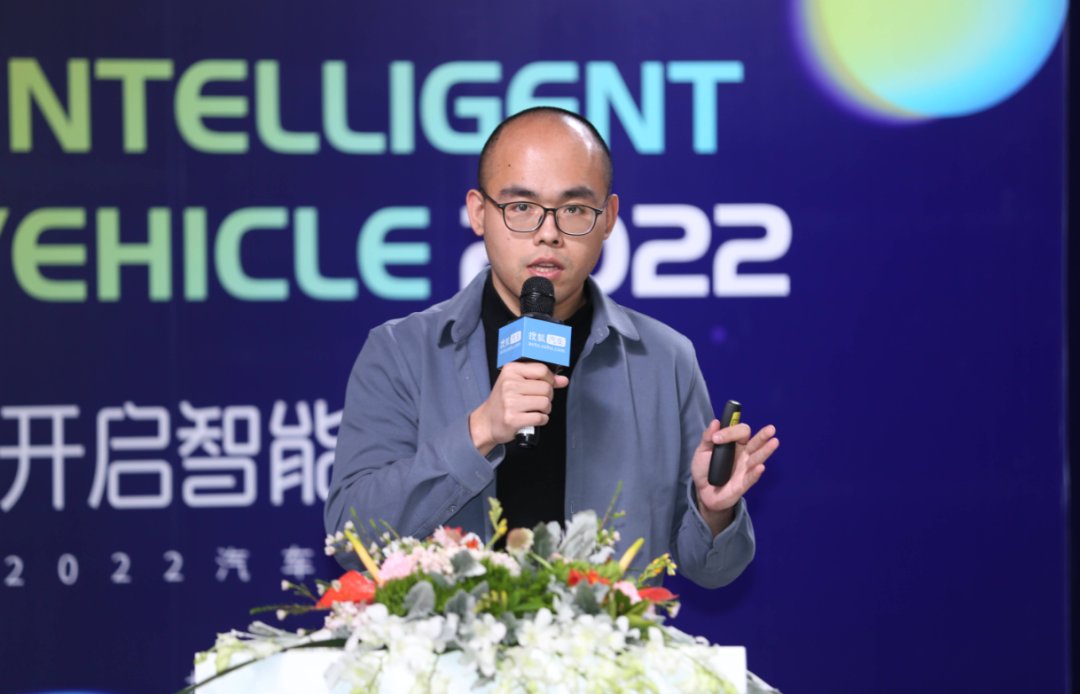
I recall Yang Jifeng, head of the AI Lab at Great Wall Motors, stating, "This is essentially a paradigm shift. Unlike autonomous driving, intelligent spaces need to understand passengers' preferences, such as their favorite songs at specific times and routes, to achieve more natural interactions."
Another example is when a car owner wants to capture a scenic photo while driving on a trip. This requires an AI-defined vehicle to comprehensively analyze the current scenario, maintain the lane without changing, and ensure smooth driving while lowering the window to allow the user to take the photo. This necessitates end-to-end control through the 'central brain' while also assessing the decision-making module to ensure the safety of all actions. After taking the photo, the vehicle receives user feedback and resumes normal driving.
The pursuit of more natural interactions signifies that cars have transcended their original purpose of traveling from point A to point B, extending into new forms of future travel and lifestyle. Therefore, how AI alters our lifestyle is a question that automakers must deeply contemplate.
Furthermore, in the era of AI-defined cars, as Yang Jifeng noted, the essence lies in using a single model to solve multi-scenario problems. This approach forgoes the need for a dedicated algorithm architecture for each scenario, instead utilizing a comprehensive set of algorithm models to address future product intelligentization. In broader terms, future AI development involves employing larger models to tackle multiple tasks simultaneously.
This transition from 'Software Defined Cars' to 'AI Defined Cars' aligns with Tao Ji's belief at Changan Automobile, where numerous new technological paradigms are poised for change.
With even greater aspirations, Toyota Motor Corporation proposed the concept of 'Woven City' in 2020. At this year's CES, Toyota officially announced the completion of the first phase of its 'Woven City' project, with the first residents set to arrive in autumn 2025. This experimental city, built around the concept of future mobility and smart living, is gradually taking shape.
It will be a sustainable city showcasing AI, robotics, autonomous vehicles, and smart homes in the real world.
Given these considerations, major automakers will fiercely compete in the race to define cars with AI. Industry insiders observe that the integration of AI technology is not only accelerating automotive intelligentization but also reshaping the automotive industry landscape.
| Wang Xiaoxi |

